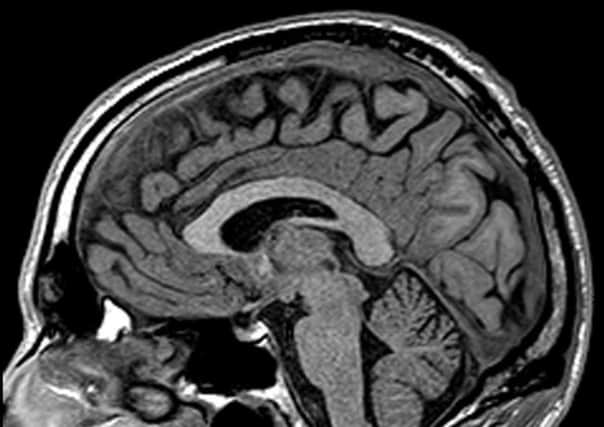Brain tumour diagnosis too slow, campaigners say


Figures show that across the UK more than a third of people (38 per cent) visited their GP more than five times before being diagnosed with a brain tumour.
The Brain Tumour Charity wants health staff to commit to three resolutions for improving the care of people with the disease and speed up diagnosis to increase their chances of survival.
Advertisement
Hide AdAdvertisement
Hide AdAround 900 people a year in Scotland are diagnosed with a brain tumour, and they are the biggest cancer killer of people under 40.
The charity’s new report, titled Finding a Better Way? Improving the Quality of Life for People Living with Brain Tumours, highlights research revealing serious gaps in the care provided to brain tumour patients and their families.
As well as long waits for a diagnosis, more than 60 per cent of those living with the disease reported being given no information about plans for their care, counselling or financial advice.
Almost a fifth of carers (19 per cent) and 13 per cent of people with a brain tumour rated the communication skills and sensitivity of the person who gave them the diagnosis as poor.
The report also found that more than 80 per cent of carers said looking after someone with a brain tumour had a negative effect on their emotional well-being, and more than half said their duties had affected their jobs, hobbies and relationships with friends and the person they care for.
The charity is using its findings to call for all health staff to commit to making improvements for patients and their families by signing up to three resolutions for the new year.
These involve making a commitment to find out more about the signs and symptoms of brain tumours and efforts to identify patients earlier.
Secondly, the charity wants staff to communicate clearly with patients and their carers and listen to what they need from services. And finally, it is calling on NHS workers to listen to people affected by brain tumours to find out what would make the most difference to their quality of life so proper care could be provided.
Advertisement
Hide Ad